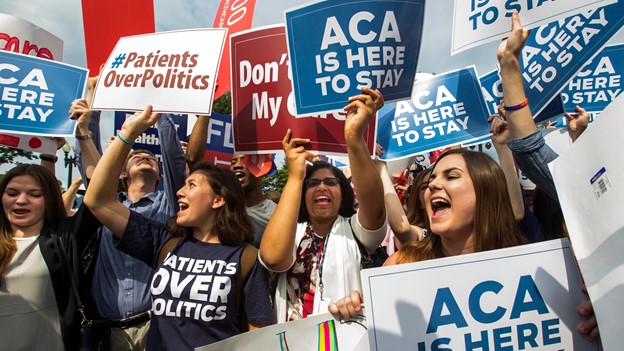
In the last two years of the COVID-19 pandemic, the United States still has made significant progress in healthcare affordability and accessibility.
The Biden Administration and Congress can continue to move forward by ending the Medicaid “coverage gap” and keeping the temporary tax credit improvements in the Affordable Care Act (ACA) marketplace. Putting an end to the Medicaid coverage gap and permanently keeping the tax credit improvements under the American Rescue plan would help many Americans gain coverage and stop the racial inequalities in coverage and care.
With high inflation causing a strain on families’ budgets, it is imperative to keep moving forward and not backward. Having affordable health care coverage can help reduce the financial burden on families who can barely afford their basic needs.
More than 2 million people are part of the coverage gap due to residing in states that did not approve the ACA’s Medicaid program expansion. Many of these people come from diverse backgrounds such as urban and rural communities; 60% of them are people of color. Most live in Southern states and have incomes below the poverty line.
With the ACA celebrating its 12th anniversary, it is time for the federal government to provide the necessary support to all the people affected by this coverage gap.
Thanks to the premium tax credit improvements, enrollment in the ACA marketplace has increased. The improvements canceled or reduced premiums for many people with low incomes and allowed them to afford good coverage with low deductibles.
All of these improvements could stop if Congress decides to not move forward with affordable health care coverage. Which can leave many policymakers with the tough decision of either fighting to progress on healthcare affordability and accessibility or staying stagnant.
The Center on Budget and Policy Priorities